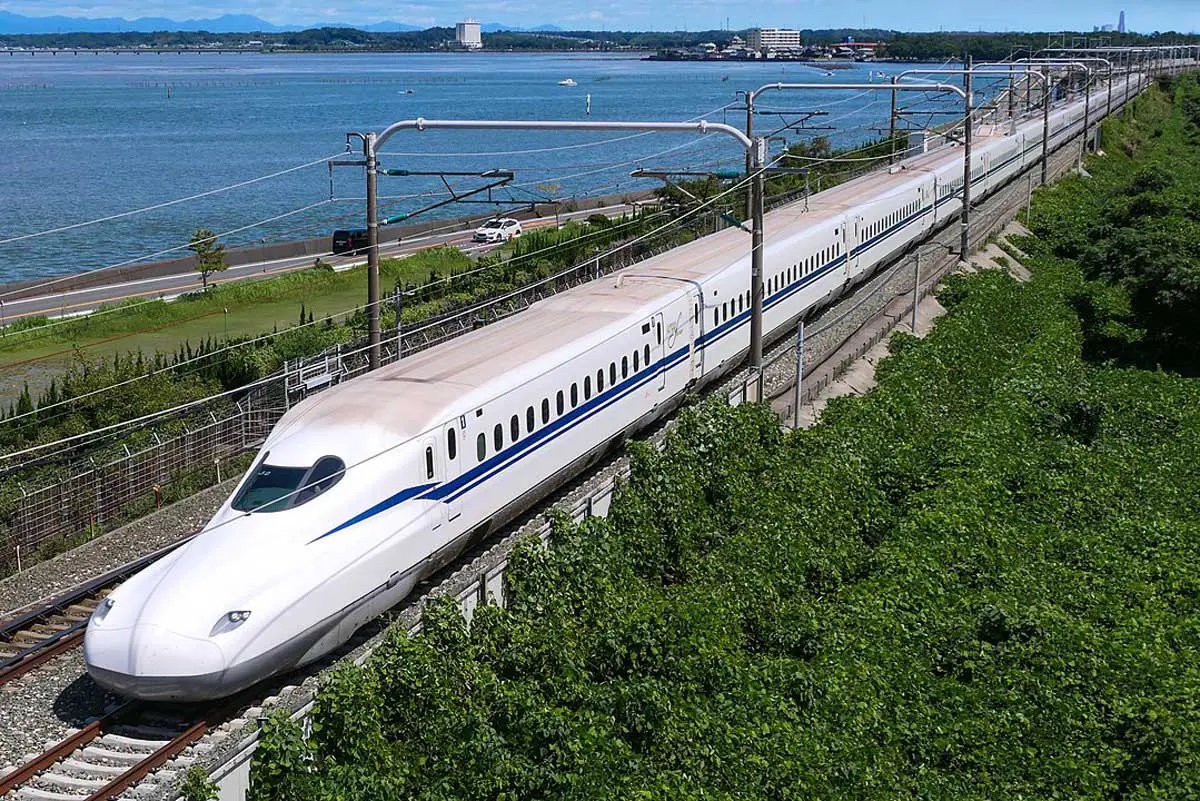From Vietnam to Indonesia to Thailand. Southeast Asian countries accelerate on rail projects
By Walter Minutella
In the context of accelerating urbanization and growing demand for efficient transportation infrastructure in the ASEAN region, member countries are making significant strides in high-speed rail network development. This trend is driven by the need to provide fast, safe and sustainable transportation solutions to connect growing urban areas and facilitate regional economic development. The adoption of high-speed rail systems is a strategic response to challenges such as traffic congestion, air pollution, and the need to reduce greenhouse gas emissions. Therefore, ASEAN countries are investing in ambitious projects to modernize their rail networks and create transnational transport links to improve accessibility and promote sustainable development in the region.
One of the most notable projects involves VIetnam, which is trying to learn from China to develop its first high-speed rail network. The Vietnamese government is planning to build a high-speed rail network, with an estimated cost of up to $72 billion. This proposed project, known as the North-South express railway, aims to connect the country's two most urbanized areas-Hanoi in the Red River Delta to the north and Ho Chi Minh City in the Mekong River Delta to the south.
The total proposed length would be 2,070 kilometers, and its cost would be financed mainly by the Vietnamese government itself. The project is part of the country's rail transport development strategy with a vision to 2050 and is part of the Trans-Asian Railway Network. This project could greatly improve connectivity and mobility within the country, as well as facilitate trade with neighboring countries.
However, not all proposed projects have received the green light. In 2023, the Chinese government submitted a similar proposal that would have seen the construction of a new high-speed railway between Ho Chi Minh City and Hanoi, continuing northward into China and connecting to China's existing high-speed rail system at Nanning. However, this plan was rejected by Vietnam's National Assembly, highlighting the political and strategic complexities associated with such transnational projects.
Despite having a relatively complete and early rail system in the Southeast Asian region, Vietnam faces challenges in modernizing and expanding its rail network. Currently, the 1,700 km journey from Hanoi to Ho Chi Minh City takes more than 30 hours by conventional train and intercity bus, and about 3 hours by air. This lack of transportation infrastructure along the country's north-south corridor has led to traffic congestion and negative impacts on regional economic development, national productivity and environmental quality.
However, once the project receives approval, it is expected to bring several benefits, including reducing intercity transportation demand, traffic congestion, and increasing road safety. The project could also play a key role in reducing logistics costs and improving national competitiveness, thereby contributing to Vietnam's infrastructure development and overall economic expansion.
Another major project was the launch of Southeast Asia's first high-speed train in Indonesia, which opened on October 2, 2023. This high-speed train connects the capital Jakarta to the city of Bandung, drastically reducing travel time from 2-3 hours to just 40 minutes.
The initiative, part of the New Silk Road, a project led by the People's Republic of China, is being implemented through the Kereta Cepat Indonesia China (PT KCIC) consortium, which includes four Indonesian state-owned companies and China Railway International, a subsidiary of China Railway Group. In addition, Indonesia has announced ambitious plans to extend the high-speed rail network to Surabaya, the country's second largest city. This reflects the Indonesian government's commitment to modernize and expand the transportation infrastructure.
In Thailand, the high-speed rail project connecting Bangkok to the Lao border has also been delayed, but the Chinese Foreign Minister recently urged both countries to speed up its construction.
Finally, the importance of regional cooperation to the success of these projects should be emphasized. Joint efforts among ASEAN countries and with external partners can play a crucial role in overcoming technical challenges, financial






